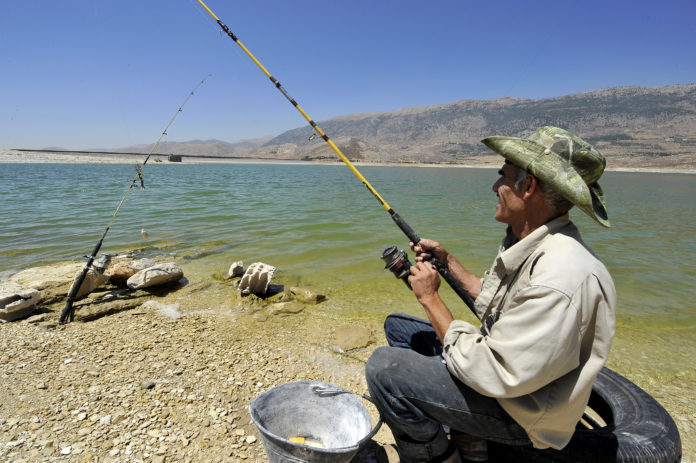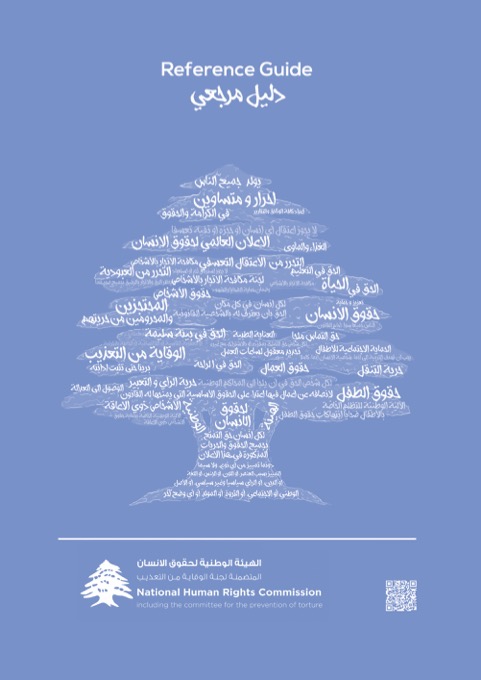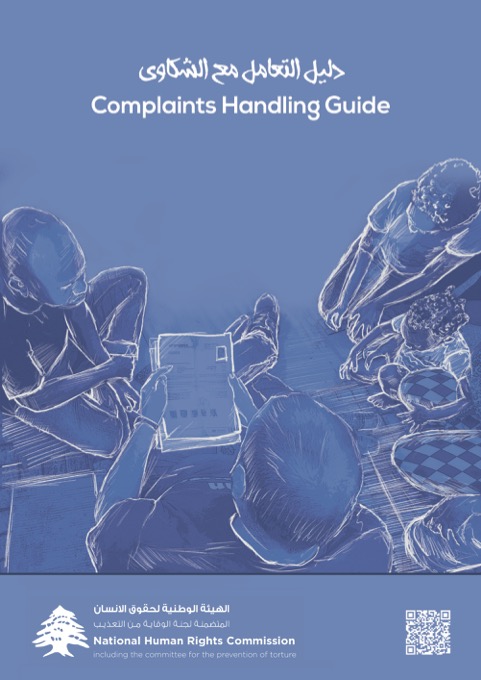هذه المقالة متاحة أيضًا بـ: العربية (Arabic)
Uneven development progress is leaving the poorest behind, exacerbating inequality, and stoking political polarization on a global scale. The result is a dangerous gridlock that must be urgently tackled through collective action, according to a new report released today by the United Nations Development Programme (UNDP).
The 2023/24 Human Development Report (HDR), titled “Breaking the Gridlock: Reimagining cooperation in a polarized world”, reveals a troubling trend: the rebound in the global Human Development Index (HDI) – a summary measure reflecting a country’s Gross National Income (GNI) per capita, education, and life expectancy – has been partial, incomplete, and unequal.
The HDI is projected to reach record highs in 2023 after steep declines during 2020 and 2021. But this progress is deeply uneven. Rich countries are experiencing record-high levels of human development while half of the world’s poorest countries remain below their pre-crisis level of progress.
Global inequalities are compounded by substantial economic concentration. As referenced in the report, almost 40 percent of global trade in goods is concentrated in three or fewer countries; and in 2021 the market capitalization of each of the three largest tech companies in the world surpassed the Gross Domestic Product (GDP) of more than 90 percent of countries that year.
“The widening human development gap revealed by the report shows that the two-decade trend of steadily reducing inequalities between wealthy and poor nations is now in reverse. Despite our deeply interconnected global societies, we are falling short. We must leverage our interdependence as well as our capacities to address our shared and existential challenges and ensure people’s aspirations are met,” said Achim Steiner, head of the UN Development Programme. “This gridlock carries a significant human toll. The failure of collective action to advance action on climate change, digitalization or poverty and inequality not only hinders human development but also worsens polarization and further erodes trust in people and institutions worldwide.”
The report argues that advancing international collective action is hindered by an emerging ‘democracy paradox’: while 9 in 10 people worldwide endorse democracy, over half of global survey respondents express support for leaders that may undermine it by bypassing fundamental rules of the democratic process, as per data analysed in the report. Half of people surveyed worldwide report having no or limited control over their lives, and over two-thirds believe they have little influence on their government’s decisions.
Political polarization is also a growing concern with global repercussions. Along with a sense of powerlessness, report authors say, it is fuelling inward-turning policy approaches – starkly at odds with the global cooperation needed to address urgent issues like the decarbonization of our economies, misuse of digital technologies, and conflict. This is particularly alarming in light of 2023’s record-breaking temperatures, which emphasize the immediate need for united action to tackle the climate crisis, or in the advent of artificial intelligence as a new and fast-evolving technological frontier with little or no regulatory guard rails.
The report highlights that deglobalization is neither feasible nor realistic in today’s world and that economic interdependence remains high. It points out that no region is close to self-sufficiency, as all rely on imports from other regions of 25 percent or more of at least one major type of goods and services.
“In a world marked by increasing polarization and division, neglecting to invest in each other poses a serious threat to our wellbeing and security. Protectionist approaches cannot address the complex, interconnected challenges we face, including pandemic prevention, climate change, and digital regulation,” Steiner added. “Our problems are intertwined, requiring equally interconnected solutions. By adopting an opportunity-driven agenda that emphasizes the benefits of the energy transition and of artificial intelligence for human development, we have a chance to break through the current deadlock and reignite a commitment to a shared future.”
The report emphasizes how global interdependence is being reconfigured and calls for a new generation of global public goods. It proposes four areas for immediate action:
• planetary public goods, for climate stability, as we confront the unprecedented challenges of the Anthropocene;
• digital global public goods, for greater equity in harnessing new technologies for equitable human development;
• new and expanded financial mechanisms, including a novel track in international cooperation that complements humanitarian assistance and traditional development aid to low-income countries; and
• dialling down political polarization through new governance approaches focused on enhancing people’s voices in deliberation and tackling misinformation.
In this context, multilateralism plays a fundamental role, the report argues, because bilateral engagements are not able to address the irreducibly planetary nature of the provision of global public goods.
More key data from the report
• In 2023, all 38 countries that are members of the Organization for Economic Co-operation and Development (OECD) achieved higher Human Development Index (HDI) scores compared to their levels in 2019.
• Among the 35 least developed countries (LDCs) that experienced a decline in their HDI in 2020 and/or 2021, more than half (18 countries) have not yet recovered to their human development levels of 2019.
• All developing regions have not met their anticipated HDI levels based on the trend before 2019. It appears they have shifted to a lower HDI trajectory, indicating potential permanent setbacks in future human development progress.
• The impact of human development losses is in sharp focus in Afghanistan and Ukraine. Afghanistan’s HDI has been knocked back by a staggering ten years, while Ukraine’s HDI dropped to its lowest level since 2004.
• The report cites research indicating that countries with populist governments have lower GDP-growth rates. Fifteen years after a populist government assumes office, the GDP per capita is found to be 10 percent lower than it might under a non-populist government scenario.
In the case of Lebanon, the country’s ranking witnessed a slight improvement in the development index, rising from 0.706 in 2021/2022 to 0.723 in 2023. This led to an improvement in Lebanon’s ranking from 112th to 109th out of 191 countries.
However, this ranking remains significantly lower than the one recorded in 2020, which was 93rd with an index of 0.744.
In addition to spillovers of the global crises resulting from the COVID-19 pandemic and the global economic crisis, Lebanon’s HDI trend has been affected by major internal crises that successively hit the country since 2019. The most notable of these was the financial and economic crisis, classified as the most severe in modern history, and the devastating explosion that struck the port of Beirut, destroying a large part of the capital. The security and social instability that followed continue to negatively impact Lebanon’s development trajectory.


